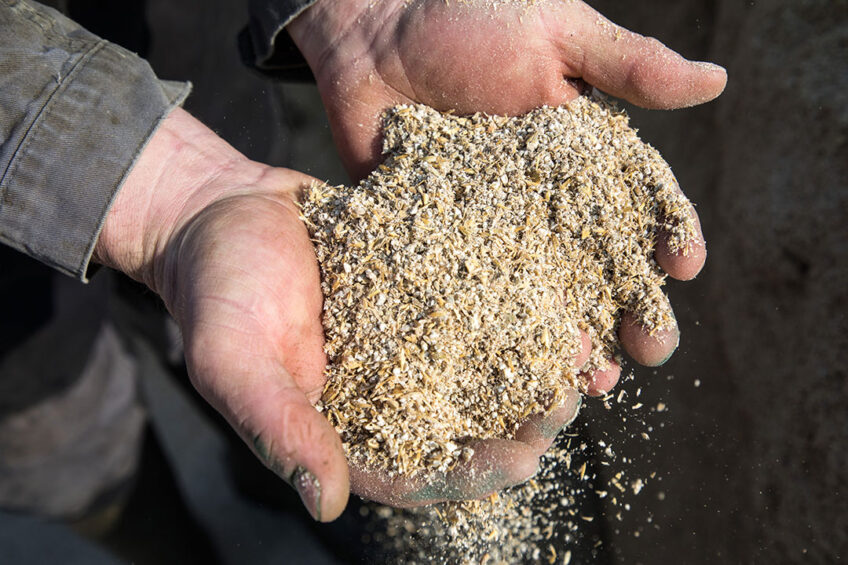Shortage of anticoccidial drugs puts Ukrainian poultry at risk

Ukrainian poultry production is expected to drop in the coming months if the state registration of coccidiostatic drugs is not urgently resumed, the European Business Association in Ukraine has said in a statement.
“Without using these feed additives, the risk of mortality increases to more than 80%. They are mainly used in industrial poultry farming, where poultry health is critical since mortality hits very massively and abruptly,” the European Business Association said.
The import of coccidiostats to Ukraine stopped in May 2021 due to gaps in new veterinary regulations, which also prevent businesses from launching coccidiostat production in the country, EBA said.
Over the last 2 years, Ukraine has been revamping veterinary legislation to meet European standards. In late August, The Ukraine Economic Ministry introduced amendments unlocking registration of most feed additives. Nevertheless, some problems still remain.
Coccidiostats: Antibiotic or feed additive?
The availability and the continuous preventive use of coccidiostats have contributed to a high level of animal health and welfare in poultry production. For the moment, coccidiostats seem to remain on the European Union’s list of feed additives. Read more…
“The thing is, coccidiostat usage has not yet been regulated due to the absence of established maximum levels of residues of these substances in food products of animal origin,” EBA explained.
Draft decree
This problem can be resolved by the Ministry of Health of Ukraine. On 17 February, it posted a draft decree establishing maximum limits of residues of active substances of veterinary drugs in foods of animal origin, including coccidiostats. However, so far, the decree has not been adopted.
“Further delays in the adoption of that draft decree can lead to a sharp reduction in poultry population in Ukraine, which, in turn, will negatively affect poultry production and export,” EBA warned.
Replacement technologies
“Today, poultry farmers are forced to look for replacement technologies. However, it takes around 6 months [to switch from coccidiostats to alternative drugs], during which there are significant risks of losing the entire poultry flock. In addition, it is impossible to replace coccidiostats in industrial poultry farming completely. At least in Ukraine and the EU, there are no such examples,” commented Dmitry Kirilyuk, a manager with the European Business Association.
Ukraine increased poultry meat exports by 4% last year to 431,000 tonnes, the national statistical service Gosstat stated. In monetary terms, Ukraine exported poultry meat for US$ 555 million last year, which was 4.1% lower than in 2019.













